This week, health authorities reported that the waters of Chetumal Bay in the south of Quintana Roo state have been contaminated by pesticides from nearby farms, making it unsafe for tourists to swim in. The bay’s azure blue waters have long been a favourite destination for tourists escaping the busyness of Cancun and Playa Del Carmen for a quieter Mexican-Caribbean getaway. However, the increase of pollutants in the water over the past few months is set to cull the number of tourists in the area.
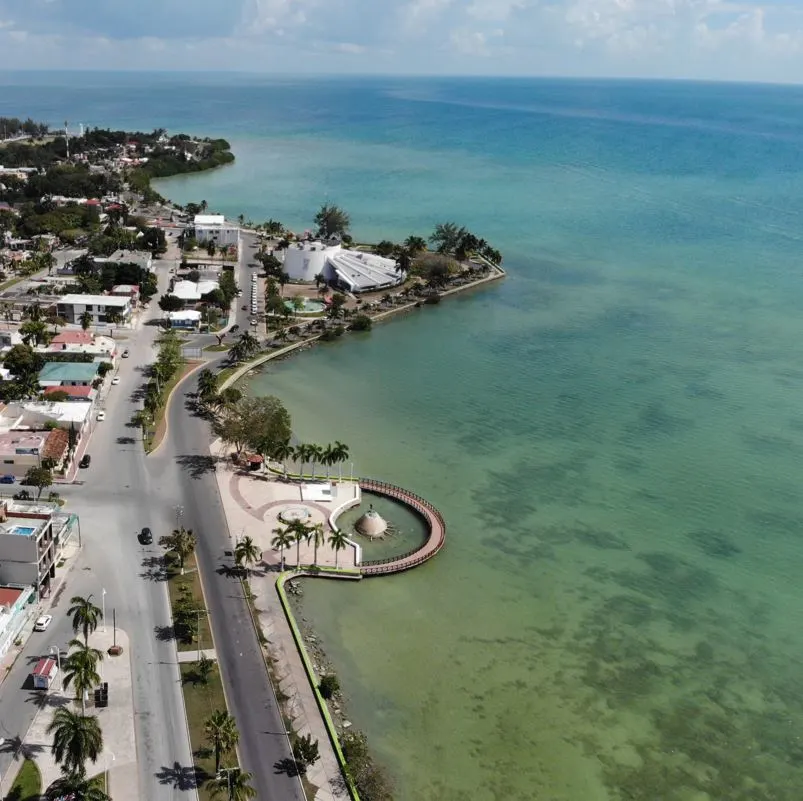
Initially, Quintana Roo health authorities determined there were moderately high levels of pollution through a 2 – year study. A sampling of the bay’s sediment was carried out in the Caribbean’s dry season (February) and the rainy season (September) to determine the concentration of pollutants in the water.
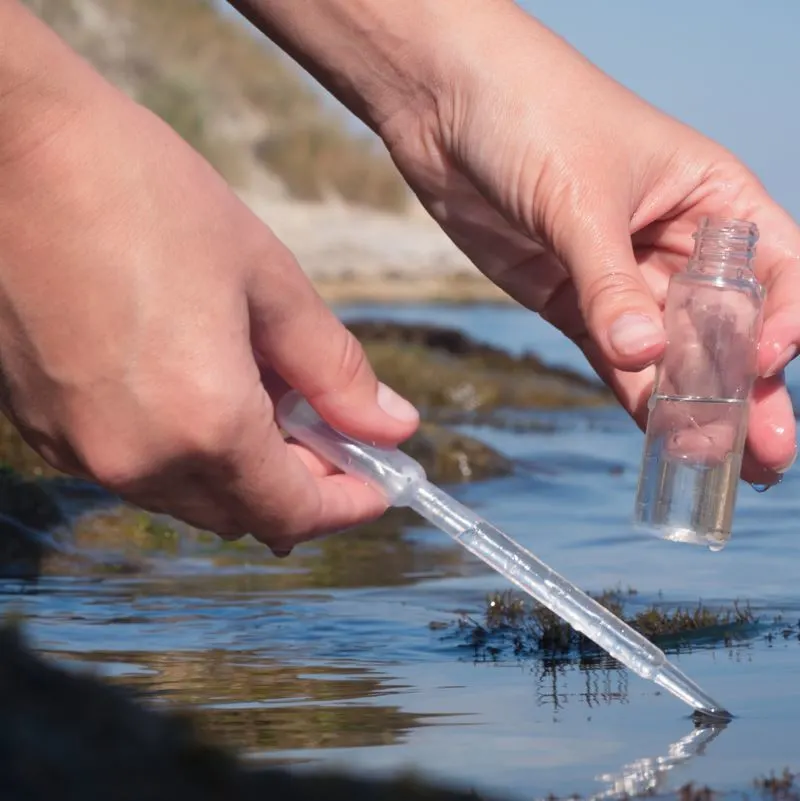
Two sites were then identified as the prime areas of pollution: the agricultural city of Balacar (just a 40-minute drive from Chetumal) contributes the most pollutants to Chetumal Bay, from growing corn. Sugar production in the neighbouring Ribera (River) del Rio Hondo has also been recognised as a contributing factor to water pollution in the bay.
The proximity of the two farming sites to the bay means that chemical by-products used to grow crops end up in streams leading to the ocean, causing devastating effects for wildlife and posing a danger to swimmers.
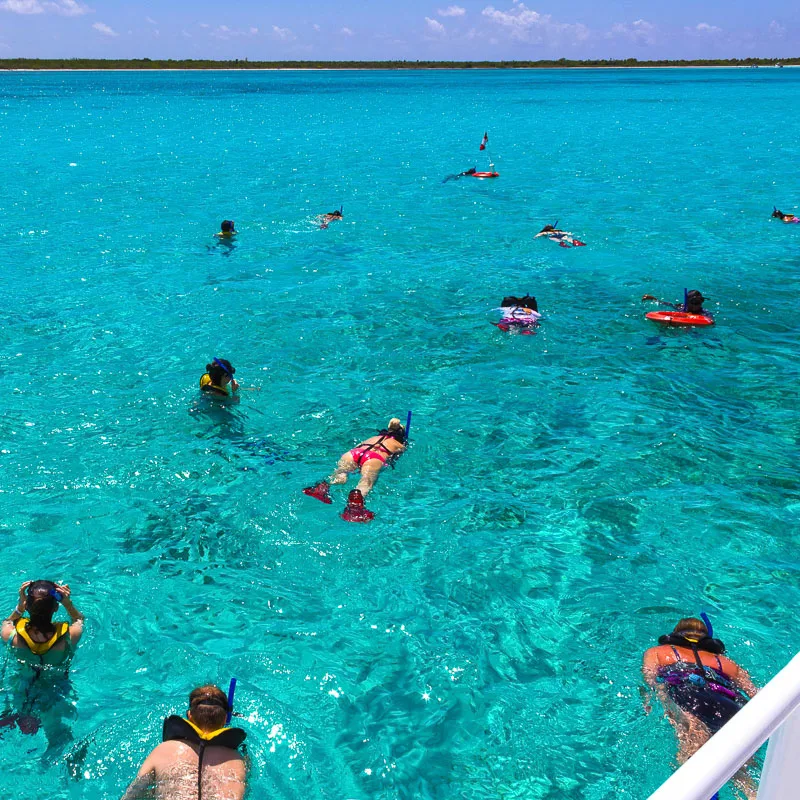
This is not the first time that high pollution levels have been found in Chetumal Bay. In 1993, the Colegio de la Frontera Sur found that thousands of catfish died in the bay after chemical contamination – with the main factor being pesticide residue from sugarcane production. The University of Quintana Roo also published a study in 2004 stating that extreme pesticide residue and elements of metal were found in neighbouring bodies of water, including Balneario Dos Mulas, Bellavista, Balneario Punta Estrella and the Hondo River.
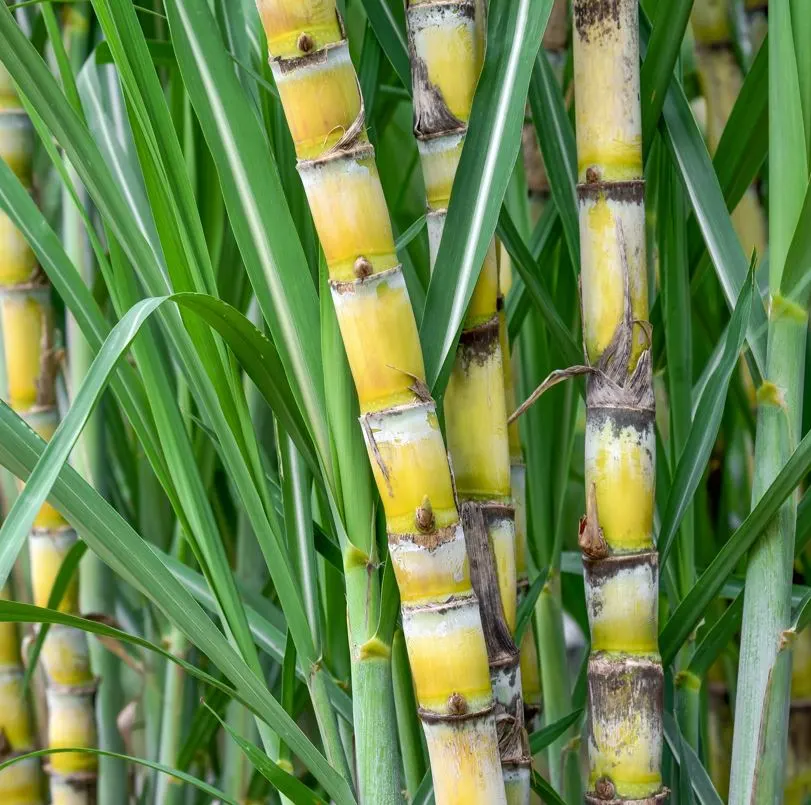
Human exposure to pesticides is dangerous for a multitude of reasons. Short-term effects of exposure range from stinging eyes, rashes and blisters to blindness and dizziness. More chronic effects can even cause reproductive harm, neurological and developmental toxicity, and the disruption of several important bodily functions.
Infants and young children who come into contact with a high volume of pesticides are even more susceptible to some of the worst symptoms, including damage to the essential organs (such as the liver, kidneys and lungs).
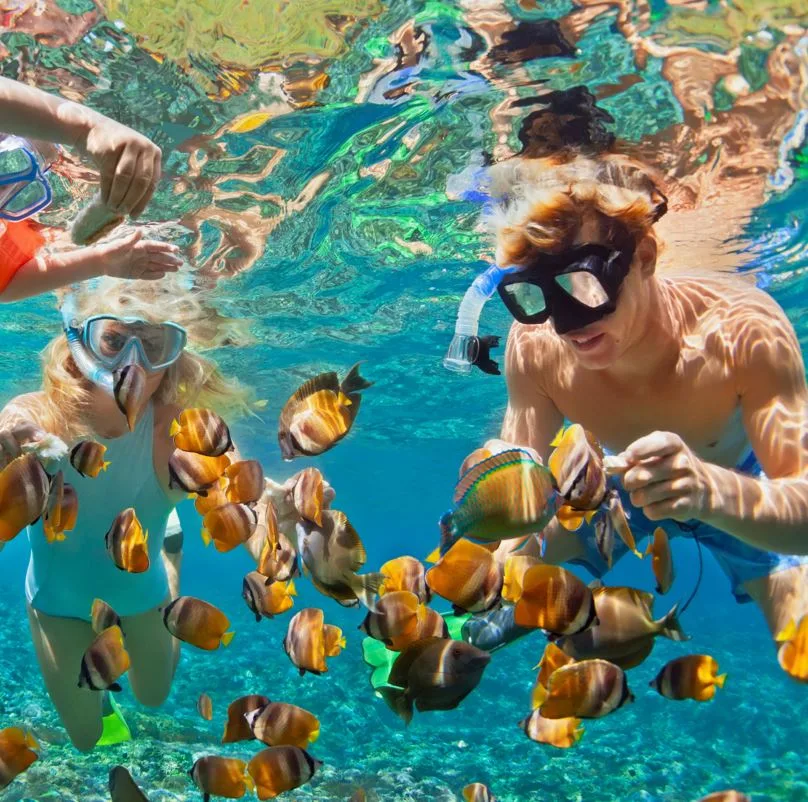
Whilst it is more likely that people who swim in the contaminated water will face fewer extreme symptoms, it’s still important to avoid coming into contact with pesticides in case more serious symptoms develop.
Humans are not the only ones who are in danger from pesticide exposure. The stunning marine life found in Chetumal Bay also suffer greatly from the excess chemicals, which endanger everything from plant life to the various tropical fish that live in the water. The pesticide contamination even has the ability to permanently damage the eco-system of the Mexican-Caribbean in the coming years.
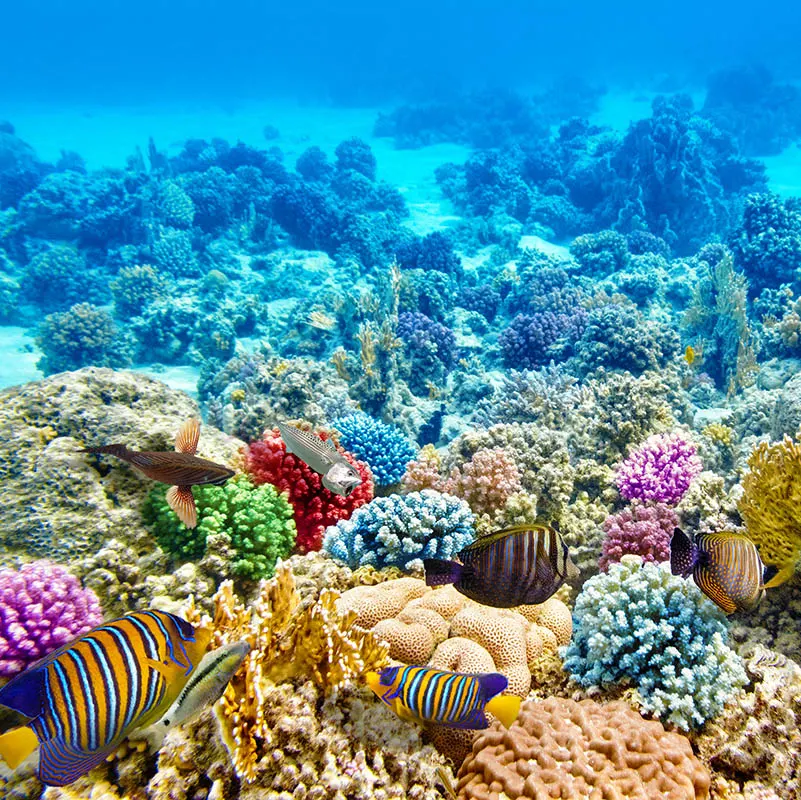
Larger mammals are also put at risk by contamination. Hundreds of travellers flock to Chetumal each year to catch a glimpse of the playful and elusive manatee at the Manatee Sanctuary In Chetumal. Water from Chetumal Bay directly feeds into the enclave where the Manatee Sanctuary is located, posing a threat to these majestic animals.
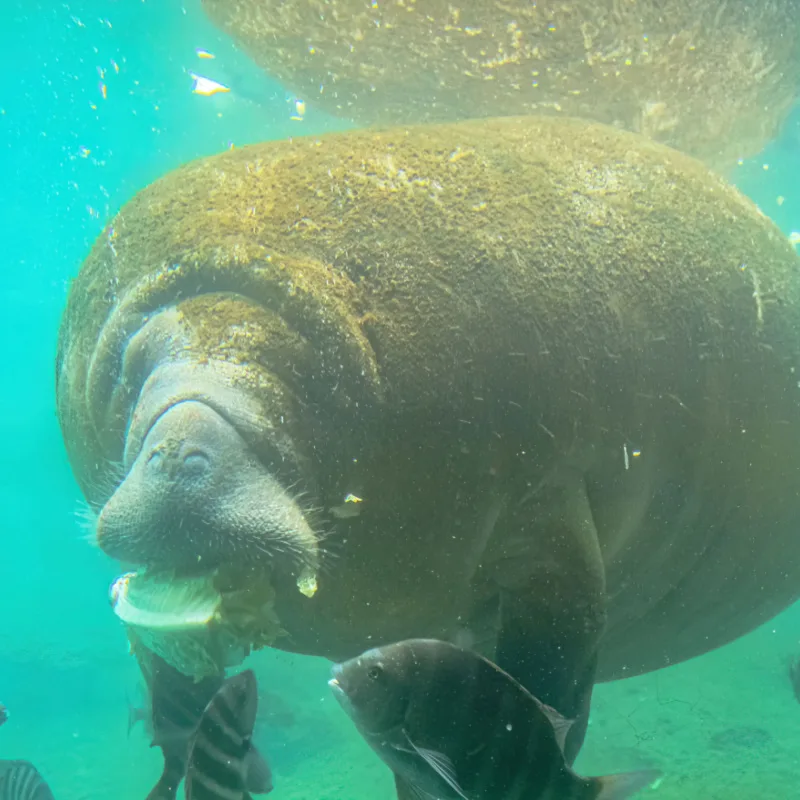
Whilst the level of pesticides in Chetumal Bay is not as severe as it could be, tourists and residents are advised to swim elsewhere in the Mexican-Caribbean at this time, in order to prevent being affected by any pesticide-related illnesses.
Plan Your Next Cancun Vacation:
Traveler Alert: Don’t Forget Travel Insurance For Your Next Trip!
Choose From Thousands of Cancun and Riviera Maya Hotels, Resorts and Hostels with Free Cancellation On Most Properties
↓ Join the community ↓
The Cancun Sun Community FB group has all the latest travel news, conversations and tourism Q&A’s for the Mexican Caribbean

Subscribe to our Latest Posts
Enter your email address to subscribe to The Cancun Sun’s latest breaking news affecting travelers, straight to your inbox.
